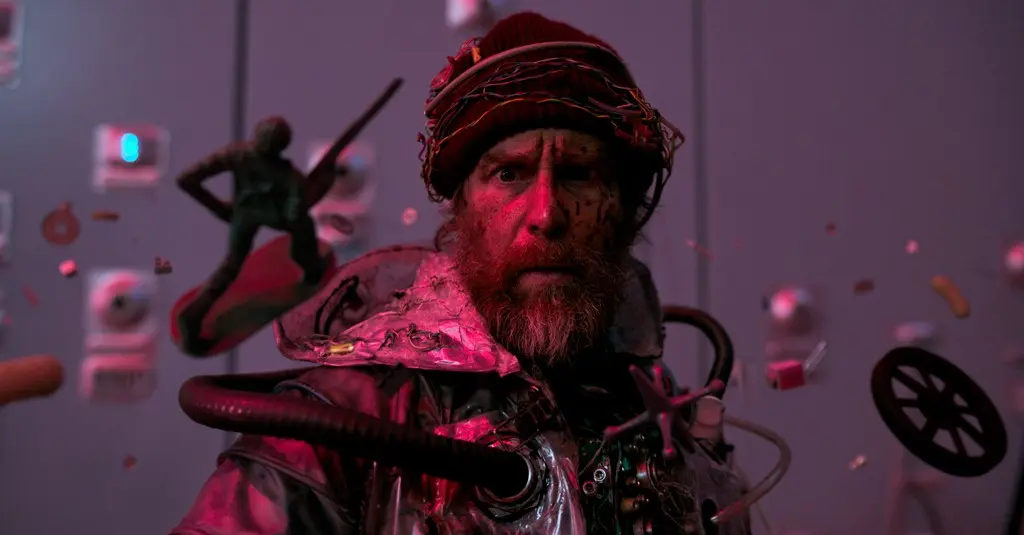One of the last few films of the American “New Wave” era, director Hal Ashby’s “Being There” also includes the second-to-last screen performance of the chameleon actor Peter Sellers. Worshiped by his peers, Sellers was largely ignored by various awards groups and known to most audiences as Inspector Jacques Clouseau, the aloof, bumbling detective in the original “Pink Panther” franchise.
Containing elements of “Charly” (and later) “Rain Man,” “Forrest Gump,” and “Lars and the Real Girl,” “Being There” is a story about Chance (Sellers), a man who has reached middle age with no knowledge of the outside world beyond what he sees on television. He can’t read or write, has never consumed alcohol, never spoken on a telephone, ridden in a car, traveled in an elevator, or been with a woman. He has spent his entire life in a small cottage working as the gardener on a vast estate owned by an unnamed benefactor who dies in the movie’s opening scene.





